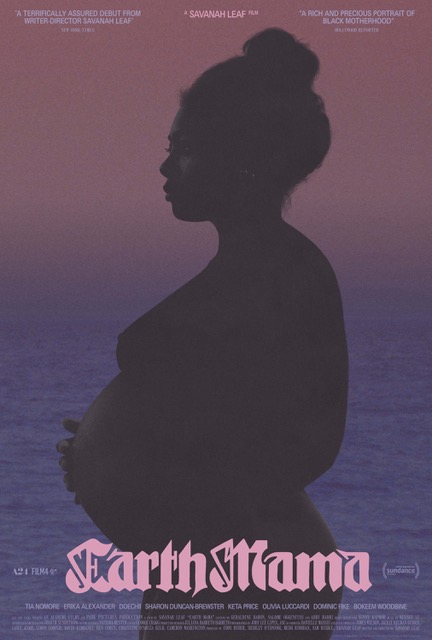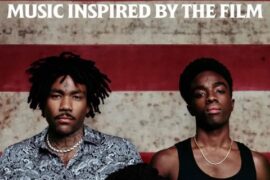In the realm of modern music, the lines between genres are often blurred, and the debate over what constitutes true artistic expression versus commercial appeal is a perpetual topic of discussion. Hip-hop, a genre rooted in cultural storytelling and social commentary, has evolved significantly over the years, with artists like Yasmin Bey (formerly Mos Def) offering thought-provoking insights into its current state.
When Yasmin Bey asserted that Canadian rapper Drake creates pop music, he struck a chord with many music enthusiasts and cultural critics. His statement highlighted the ongoing discussion about the intersection of artistry and consumerism in the music industry. Bey’s assertion questioned whether Drake’s music truly embodies the narrative-driven essence of hip-hop or if it primarily serves the interests of mass consumer appeal.
Chart-topping hits, sold-out tours, and a significant influence on popular culture have marked Drake’s rise to fame. His ability to seamlessly blend rap, R&B, and pop elements has undoubtedly contributed to his widespread success. However, Bey’s critique prompts a deeper examination of the thematic content and cultural resonance in Drake’s music.
At the core of Bey’s argument lies the distinction between cultural storytelling and consumer-driven content. The essence of hip-hop has historically been rooted in the authentic articulation of personal experiences, societal challenges, and cultural identity. It has served as a platform for marginalized voices to express their narratives and shed light on issues affecting their communities. In contrast, pop music prioritizes catchy hooks, mainstream appeal, and commercial success over thematic depth and social commentary.
When analyzing Drake’s discography, it becomes evident that a significant portion of his music revolves around themes of fame, wealth, romantic relationships, and personal success. While these are valid topics for artistic exploration, they often align more closely with the consumer-driven narratives commonly found in pop music. Bey’s assertion challenges listeners to consider whether Drake’s music authentically reflects the cultural storytelling tradition of hip-hop or if it predominantly caters to commercial interests.
It is essential to acknowledge that Drake’s impact on popular culture cannot be understated. His influence has transcended traditional genre boundaries, and his music has resonated with a diverse global audience. However, Bey’s critique serves as a reminder of the importance of critically examining the thematic underpinnings of popular music and its relationship to broader cultural narratives.
The distinction between authentic cultural storytelling and consumer-driven content becomes increasingly pertinent in an era where streaming metrics, brand partnerships, and commercial viability increasingly drive the music industry. Bey’s perspective encourages listeners to engage with music in a manner that goes beyond surface-level popularity, urging a deeper exploration of the stories being told and the cultural significance embedded within the music.
As the conversation surrounding Drake’s music continues to evolve, it is essential to consider the broader implications of Bey’s assertion. It prompts a reevaluation of the values and narratives we prioritize in contemporary music, challenging both artists and audiences to engage with music in a manner that honors the rich tradition of cultural storytelling that has defined the essence of hip-hop.
Ultimately, Bey’s assertion catalyzes ongoing dialogue about the intersection of art, commerce, and cultural authenticity in the modern music landscape. It prompts us to critically consider the stories being told through music and the impact of consumerism on artistic expression, encouraging a more nuanced understanding of the complex relationship between popular music and cultural narratives.
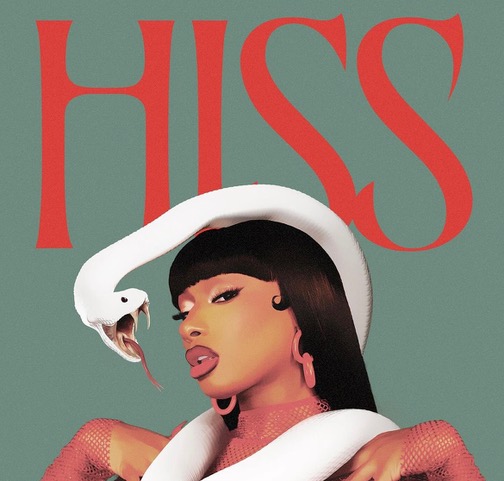
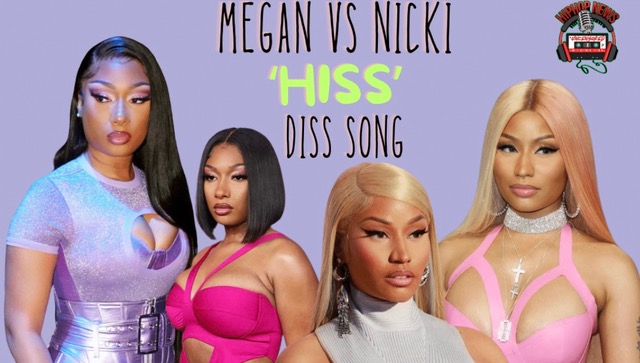
The beef between Megan Thee Stallion and Nicki Minaj has its roots in a series of events and lyrical exchanges that have fueled the controversy between the two rap heavyweights. The conflict escalated when Megan Thee Stallion referenced Nicki Minaj’s husband, Kenneth Petty, who is a registered sex offender, in a controversial lyric. The specific line that ignited the feud was “You ain’t mad at me. You mad at Megan’s law,” which referenced “Megan’s Law.”
On a serious note, Megan’s Law is a federal law in the United States that requires law enforcement agencies to notify the public about convicted sex offenders living in their communities. It was named after Megan Kanka, a seven-year-old girl who was tragically raped and murdered by a known sex offender living in her neighborhood in New Jersey in 1994. The law aims to increase public awareness about sexual offenders and provide information to help communities protect themselves and their children. The core idea is to empower communities with knowledge about the presence of convicted sex offenders in their vicinity. Megan’s inclusion of this lyric sparked intense reactions from fans and critics, as it directly addressed a sensitive and controversial aspect of Minaj’s personal life. The choice to reference Nicki’s husband in this manner injected a highly charged element into the feud, drawing attention to a topic often considered off-limits in the realm of music beefs.
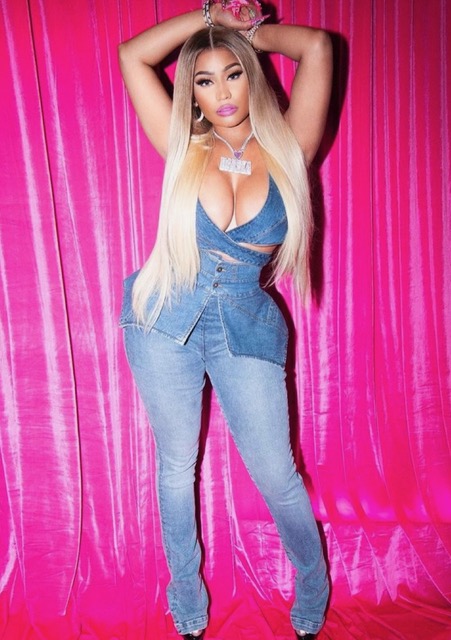

In response to Megan’s lyric, Nicki unleashed an explosive reaction on her radio show, Queen Radio. The nature of her response could be described as a “coked-out rage”, indicating the level of intensity and emotion that the feud had reached. Nicki’s reaction further fueled the flames of the feud, drawing significant attention from the media and fans of both artists.
The conflict escalated even further when Nicki released a track titled “Bigfoot” in direct response to the feud. This move by Nicki added a musical dimension to the beef, as “Bigfoot” was met with widespread criticism. Notably, Pitchfork Magazine rated the song a resounding ZERO, underscoring its negative reception. The track, according to some critics, was characterized as an “amalgamation of Twitter one-liners and low blows,” aimed at making fun of Megan’s altercation with rapper Tory Lanez, during which she was allegedly shot. This musical exchange brought the feud to a broader audience and fueled additional industry controversy.
Overall, the beef between Megan Thee Stallion and Nicki Minaj was driven by personal references, intense emotional reactions, and musical responses. The decision by both artists to address personal and potentially sensitive topics within the realm of their feud ignited heated debates, dividing fans and sparking controversy within the music industry. As a result, the beef between Megan and Nicki has become a topic of intense interest, leaving fans and critics alike eager to see how the feud will continue to unfold. Many people may have been waiting for Nicki’s downfall, but it’s disappointing to see Nicki tarnish the legacy she worked so hard to build in this industry.
 Allison Bolden is a multi-hyphenate Gen Z social thinker. She’s an unapologetically intelligent music lover who is learning to take her guitar-playing and songwriting skills to the next level. She is currently an N’DIGO Experience Intern at Chicago State University.
Allison Bolden is a multi-hyphenate Gen Z social thinker. She’s an unapologetically intelligent music lover who is learning to take her guitar-playing and songwriting skills to the next level. She is currently an N’DIGO Experience Intern at Chicago State University.



